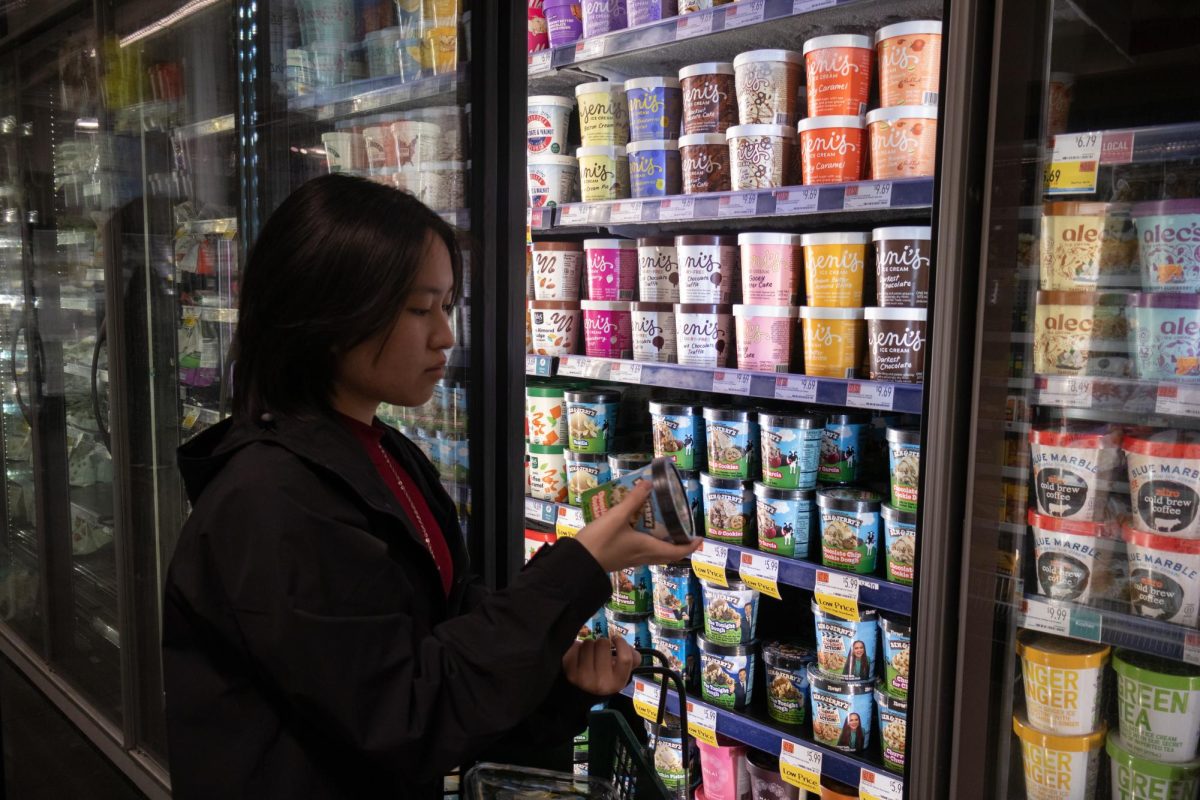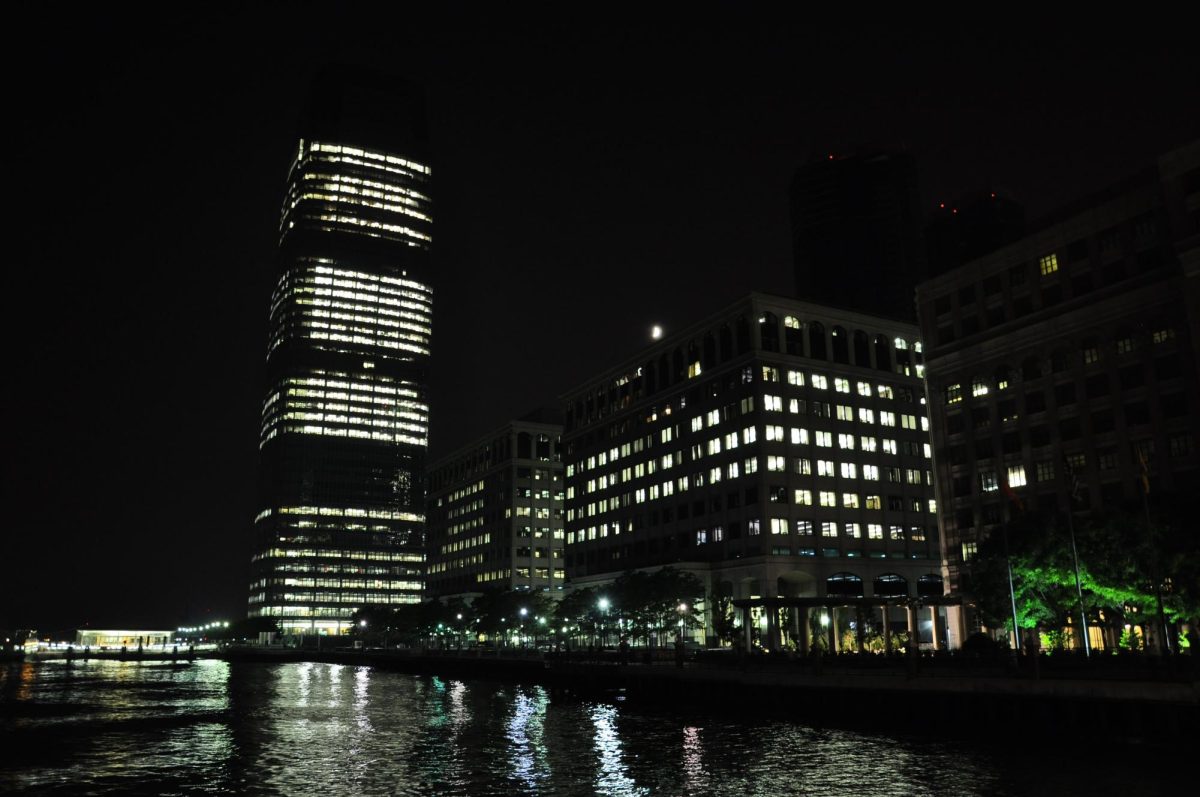As the world begins to grow more digital each day and banks become ever-present in most people’s lives, some stores have started to lean toward a cashless policy. As more stores adopt this system, questions have arisen about the legitimacy of the cashless policy.
Countries like Sweden are operating a nearly cashless society. NP reported that only 13% of Swedes used cash for a recent purchase and that number is down from 40% in 2010. That number is only expected to decrease further as apps like Venmo and Swish grow in popularity.
Cashless purchases are also prevalent in major cities like San Francisco, Philadelphia and New York.
Right now, an ongoing battle is taking place for New York City to ban stores from refusing cash from customers.
This bill was introduced by New York City Councilman Ritchie Torres, who sees a cashless society filled with inequality. “Not everyone has access to debit or credit, but everyone has access to cash,” he said. Supporters of the bill argue that by refusing cash, these establishments discriminate against the poor, victims of domestic violence, homeless people and undocumented immigrants, according to NBC News.
The majority of Americans are fortunate enough to have access to bank accounts. However, at least 14.1 million citizens do not share the same privilege.
The bill introduced to the New York City Council was laid out on June 23 and Aug. 14. Philadelphia’s City Council also approved a bill banning cashless stores in February.
Those in favor of cashless establishments say that it makes theft harder, keeps lines moving quickly, and cash management streamlined. According to a press release by Sweetgreen dining chain, cash management takes two hours for stores.
They believe in the adage “time is money” or Peter Drucker’s saying, “Until we can manage time, we can manage nothing else.” This policy can backfire as well because of the possible elimination of a portion of the market they could have otherwise served. After the bill was passed in Philadelphia and legislation began in New York, Sweetgreen announced that they will start accepting cash by the end of 2019.
Dos Toros, Dig Inn and Union Square Hospitality Group restaurants are also known for not accepting cash in New York City.
Any U.S. dollar bill has a statement written in the top left corner: “This note is legal tender for all debts, public and private.”
Christina Tallberg, the president of the Swedish National Pensioners Organization said, “This is both a personal problem, but it’s also a problem for the civic society. As long as it is legal to pay with notes and coins, it must be up to the individual to choose how you will do your payments.”
Technological improvements should not impede consumer choice, privacy or fair practices in the marketplace.









Ed Unneland • Sep 6, 2019 at 12:39 am
It is the United States Dollar as a currency that is legal tender. A person or a business is free to ask for it in a particular form. Just as a store cannot be forced to accept a thousand pennies for a ten dollar item, a store cannot be forced to accept paper currency.
In business to business account payables, it is increasingly common for vendors to insist on Fedwire or ACH payments, and not checks.